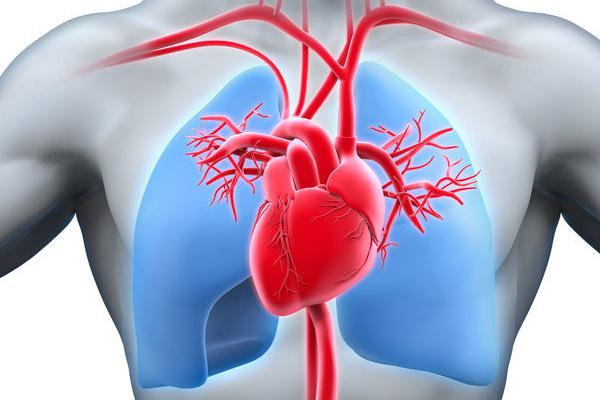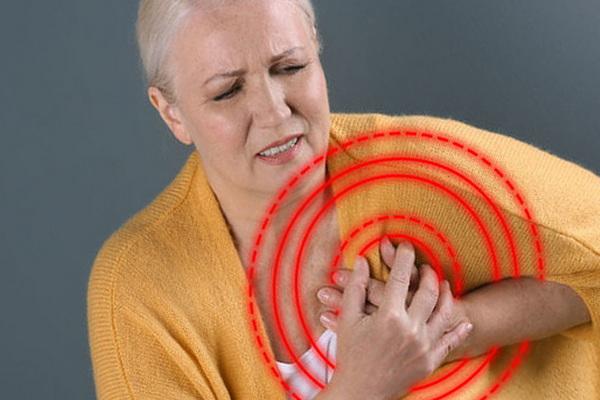Зміст
Palpitations are a condition that always gives rise to some anxiety. This is most often associated with cardiovascular disease and heart disease. In fact, a rapid and irregular heartbeat can be a symptom of heart muscle conditions such as atrial fibrillation and flutter, coronary artery disease, or heart failure. However, it is worth knowing that other diseases are manifested in this way – mainly neuroses and anxiety disorders, hyperthyroidism and even gastroesophageal reflux. Rapid heartbeat can also be caused by rapid hormonal changes, anemia, and electrolyte disturbances. Its complications can even lead to a stroke. Find out when a fast heartbeat can be dangerous and what it means.
Heart palpitations and cardiovascular disease

Rapid heartbeat is a characteristic symptom of diseases of this organ. Heart arrhythmias can be caused by birth defects, pericarditis, or heart failure. They are usually accompanied by other symptoms: chest pain, rapid breathing, dizziness, high blood pressure and high pulse rate (more than 100 beats per minute). In such a situation, you should call an ambulance as soon as possible.
Heart palpitations and neurosis
Heart palpitations are a common symptom of neuroses, depression and other anxiety disorders. Fortunately, this is not related to heart defects. This disturbing symptom can also be caused by severe or prolonged stress and panic attacks. Palpitations most often occur at night. Other psychosomatic symptoms associated with psychiatric disorders include sweating, trouble sleeping, alternating diarrhea and constipation, shortness of breath, and headache. It is caused by a malfunction of the respiratory and circulatory systems due to anxiety.
Heart palpitations and hyperthyroidism

Heart palpitations are also a hallmark of an overactive thyroid gland. When this gland produces too many hormones, the metabolism increases rapidly and the heart becomes tense. It can even lead to overgrowth of the heart muscle. An excess of thyroid hormones dilates blood vessels and stimulates the heart to work faster, which is manifested by a rapid heart rate and shortness of breath during exercise. Other symptoms of an overactive thyroid gland include excessive sweating, persistent fever, insomnia, difficulty concentrating, recurrent diarrhea, and sudden weight loss.
Heartbeat and Saturday Night Syndrome
Heart palpitations can also be a result of alcohol and other drug abuse, as well as diarrhea, vomiting, and dehydration. The result is electrolyte disturbances (including potassium deficiency) and cardiovascular symptoms. Then the doctors talk about the Saturday night band and the aftermath of intense parties.
Other causes of rapid heartbeat
It turned out that gastroesophageal reflux disease is the most common disease that is mistaken for a heart attack. This is because its unusual symptoms include rapid heartbeat, shortness of breath, wheezing, and burning chest pain. These ailments also appear after exercise. The key difference, however, is that these symptoms are food-related — they appear shortly after eating. Of course, it is always worth visiting a doctor to rule out heart disease.
Heart palpitations are also common in sudden hormonal changes – for example, during pregnancy or menopause. Thus, anemia, migraine or high fever, and autoimmune diseases can appear.








